|
view operas online! |
||
|
Ecco il principe |
...
When the old man arrives, he becames more and more suspicious. Someone knocks to door: it's the Count, disguised as a soldier and asking for a room. While Bartolo is protesting, the false soldier succeeds in speaking to Rosina, telling her to be Lindoro and giving her a note. But the note is seen by Bartolo, who orders to give him the paper. There is a moment of general confusion, and Rosina substitutes the love note with the laundry list. But in the meantime some guards enter the house, trying to arrest the drunk soldier. The Count shows a paper to the head of the guards, and he promptly stands to attention, while everyone looks astonished the scene.
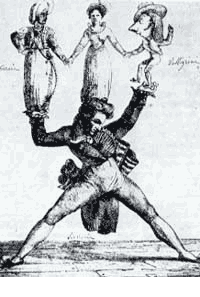 In Bartolo's study room.
In Bartolo's study room.
The old man is always more suspicious and afraid, when the Count arrives again at the door, pretending to be Don Alonzo, a music teacher sent by Don Basilio, who lies ill, to substitute him. Bartolo is diffident, so to be trusted the Count gives to Bartolo the note from Rosina, as if it were addressed to the Count of Almaviva, to be used as a calumny against the Count. Don Bartolo, happy, trusts him and calls Rosina for the music lesson.
While the two lovers are simulating a music lesson, Figaro
arrives and starts shaving Bartolo. He succeeds in stealing
the balcony key, needed by the lovers to flee away in the night.
At once, Don Basilio arrives and is going to discover the truth: he is
convinced to pretend being ill by a heavy money bag; but Don Bartolo finally understands all.
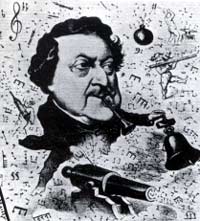 Don Bartolo asks Basilio to bring immediately a Notary. He shows to Rosina the note given him by Lindoro, and convinces her that Lindoro doesn't love her, as he is only a servant of the Count. She is convinced and accepts to marry Bartolo.
Don Bartolo asks Basilio to bring immediately a Notary. He shows to Rosina the note given him by Lindoro, and convinces her that Lindoro doesn't love her, as he is only a servant of the Count. She is convinced and accepts to marry Bartolo.
But Figaro and Lindoro thrive to enter the house, and they reveal to Rosina that Lindoro and the Count are the same person. While the two lovers try to escape the house, they discover that the stair prepared by Figaro to go down the balcony has been removed, and in the same moment Don Basilio comes with the Notary. Figaro tries the last chance, and introduces the two youngs as the betrothed. Don Basilio is convinced to stay silent by a gift and is kept quiet with a gun.
When Don Bartolo arrives with the guards, the two lovers are already married. The Count reveals his real identity, and to calm down the desperate old Bartolo he offers him Rosina's dowry. The opera ends in happiness and laughing.

top

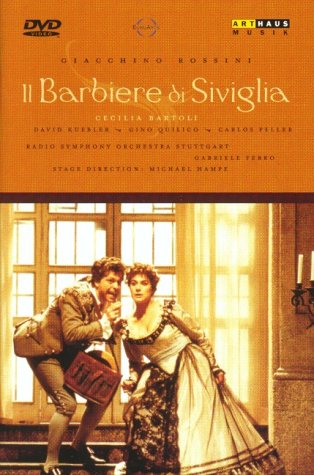
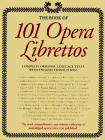



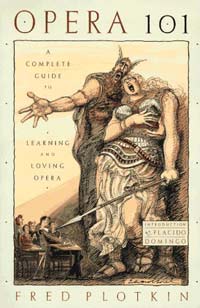
 View opera LA CENERENTOLA
View opera LA CENERENTOLA